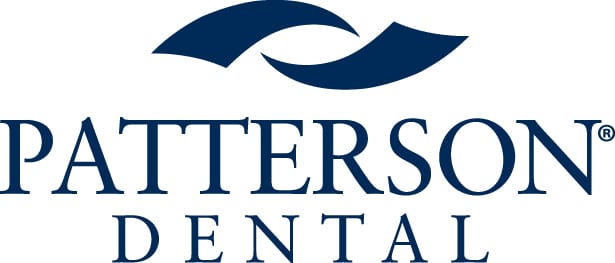Navigating Your Path to Practice: Most Common Red Flags that Prevent New Dentists from Getting their First Practice Loan
By: Dr. David Rice
You woke up today, and you’ve decided you’re finally ready to trade your associate handpiece for your owner handpiece! The key now is to make sure you’re the strongest borrower you can be.
First, because I want you to get an easy yes.
Second, because I want your yes to come with great rates, terms, and relationships that will serve you for decades to come.
5 Red Flags Lenders See You Should Be Aware Of
So, let’s talk about five red flags to lenders so you win!
1. Inadequate Financial Planning: The Foundation of a Successful Practice
A solid financial plan is the core of all successful dental practices’ playbook. Unfortunately, inadequate financial planning is a common red flag for lenders.
So, while you’re excited about your first practice, we need your lender to be excited too. Without a comprehensive business plan and detailed financial projections, your loan application may not yield the best results.
Why it’s a concern:
Risk of mismanagement: In short, without a great plan, money often gets mismanaged. Lenders want assurance that you have a clear vision of your financial needs and a strategic plan for utilizing the money they give you.
What’s the fix:
Create a detailed business plan: Outline your short-term and long-term goals, projected expenses, and revenue forecasts. Clearly define how the loan will be used to support the growth and sustainability of your practice. Scary? Just click here and get help. The right lenders want to guide you.
2. Poor Credit History: A Stumbling Block in the Financial Journey
Tarnished credit histories are significant red flags for a new dentist applicant. Your credit score is a reflection of your financial responsibility, and a poor credit history can cast doubt on your ability to manage debt.
Why it’s a concern:
Risk of default: Lenders don’t want to own your dental practice. They’re not dentists. They want and need us to thrive. When you bring a bad history, lenders get antsy. It’s hard to blame them.
What’s the fix:
Check and improve your credit score: Monitor your credit score, and address any shortcomings. If you’re not in the best shape, lose your credit card debt, make all your payments on time, and tap the breaks on unneeded spending.
3. High Debt-to-Income Ratio: Balancing Act for Financial Stability
Let’s face it, managing debt is a bit of a balancing act. Your student loans create problems. Not because the right lenders won’t lend to you, but because they’re an additional monthly payment to rent, car, food, and any semblance of fun you’re trying to have.
Why it’s a concern:
Potential financial strain: A high debt-to-income ratio indicates that a significant portion of your income is already committed. Lenders may worry about your ability to take on additional debt without experiencing considerable financial strain.
What’s the fix:
Reduce your extraneous existing debt: Prioritize your spending. Prioritize paying off your high-interest debt before applying for your loan. This not only improves your debt-to-income ratio, but it also demonstrates your financial control. Lenders like that.
4. Unstable Cash Flow: Weathering the Financial Storm
Cash is king, and having a strong cash flow is the lifeblood of your practice. Lenders scrutinize a dentist’s cash flow to ensure a steady income stream, making an unstable stream a red flag.
Why it’s a concern:
Difficulty in meeting repayment obligations: Unpredictable cash flow makes it challenging to meet loan repayment obligations. Lenders want you to have a stable income. Remember the whole they don’t want to own your dental practice thing?!
What’s the fix:
Project realistic cash flow: Provide lenders with realistic cash flow projections, taking into account both peak and off-peak seasons (for example, we know September isn’t the best month in most practices). You’re three steps ahead when you can show your lender you have a crystal ball for the best and worst of times.
5. Insufficient Collateral: Building a Solid Foundation for Loan Security
Collateral serves as a safety net for lenders, providing a source of repayment in the unlikely event of default. You having $50-75k in liquid assets is a win. Insufficient collateral is a red flag that can hinder loan approval.
Why it’s a concern:
Lack of security for the loan: Without adequate collateral, lenders may perceive a higher level of risk. This can lead to either loan denial or less favorable terms.
What’s the fix:
Identify and secure collateral: Have $50-75k that is easily accessible (meaning, it’s not tied up in any type of retirement plan or fund you can’t take from today). Lenders need to know it’s there as a gesture of good faith.
Conclusion
In conclusion, our first practice days are amazing! We don’t need to check one hundred boxes — we just need to uncheck any of the above red flags and get with the best lender in the biz.
Prepare well, be transparent, and check out Provide. They’re doing great things.


